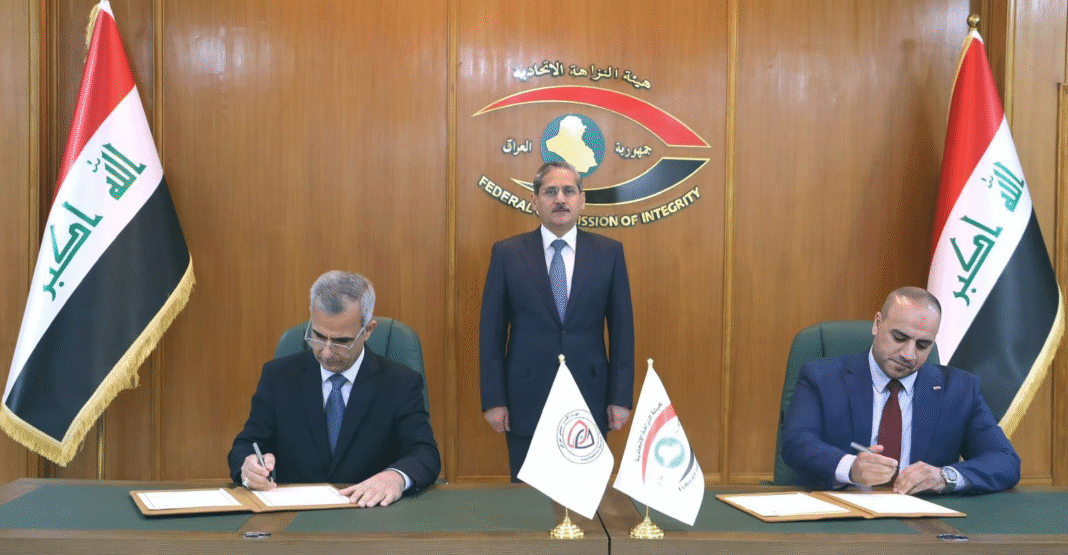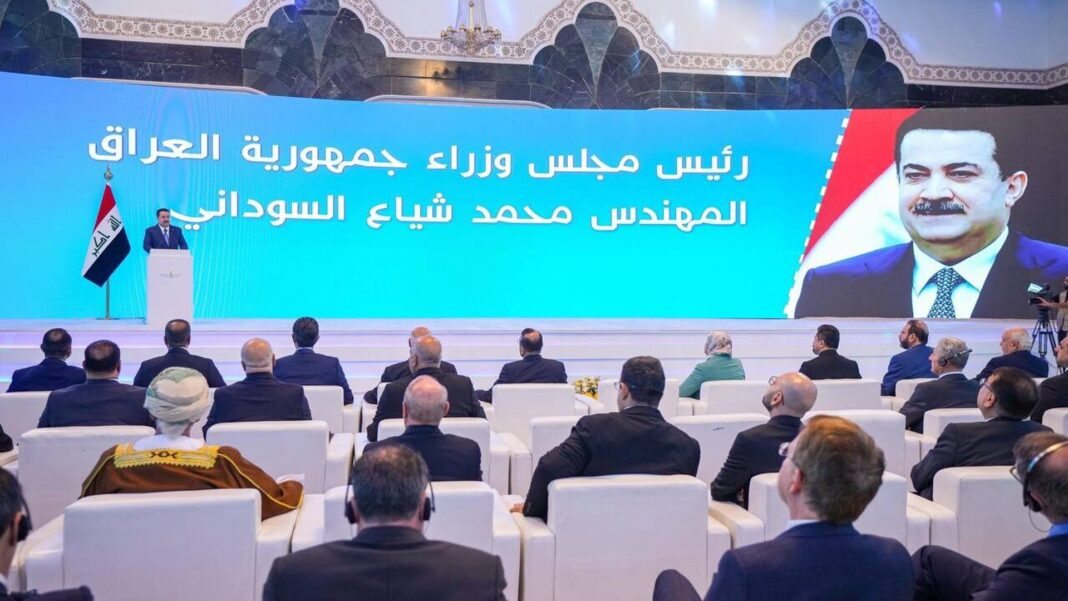In a bold step toward reform, Iraq’s Integrity Commission and the National Security Service signed a joint agreement on Monday. This new deal aims to strengthen the fight against corruption and recover stolen assets hidden inside and outside Iraq.
According to an official statement, the agreement builds a strong framework for collaboration between the two key institutions. It focuses on tracking suspects, enforcing arrest warrants, and recovering stolen funds and property. Both agencies will share verified information and coordinate efforts to tighten security.
The agreement includes more than just criminal enforcement. It calls for joint conferences, public awareness campaigns, and training programs. These initiatives aim to educate citizens and strengthen the country’s defenses against corrupt practices.
Additionally, the two bodies will prepare and exchange research and studies. These efforts support the national integrity system and aim to protect Iraq’s economy from further loss.
The fight against corruption in Iraq remains one of the country’s biggest challenges. Iraq ranks near the bottom of Transparency International’s 2024 Corruption Perceptions Index. The report placed Iraq at 140 out of 180 countries, scoring just 26 out of 100.
Analysts link this deep-rooted issue to decades of political turmoil. Corruption worsened under Saddam Hussein’s rule, which built powerful patronage networks. After the 2003 U.S.-led invasion, weak institutions and sectarian power struggles created fertile ground for more corruption.
Today, the problem continues through bribery, nepotism, and misuse of public funds. These practices erode public trust and weaken government credibility. Businesses also suffer as corruption creates unfair advantages and discourages foreign investment.
This new agreement signals a stronger political will to tackle these challenges. By targeting both people and assets involved in corruption, Iraq hopes to make lasting changes.
Public participation also plays a crucial role. The campaign’s success depends on citizens staying informed and holding officials accountable. As both agencies move forward, they aim to restore faith in Iraq’s institutions.
In the end, the fight against corruption must involve both the government and the people. Only together can Iraq protect its future and rebuild its economy with transparency and trust.



